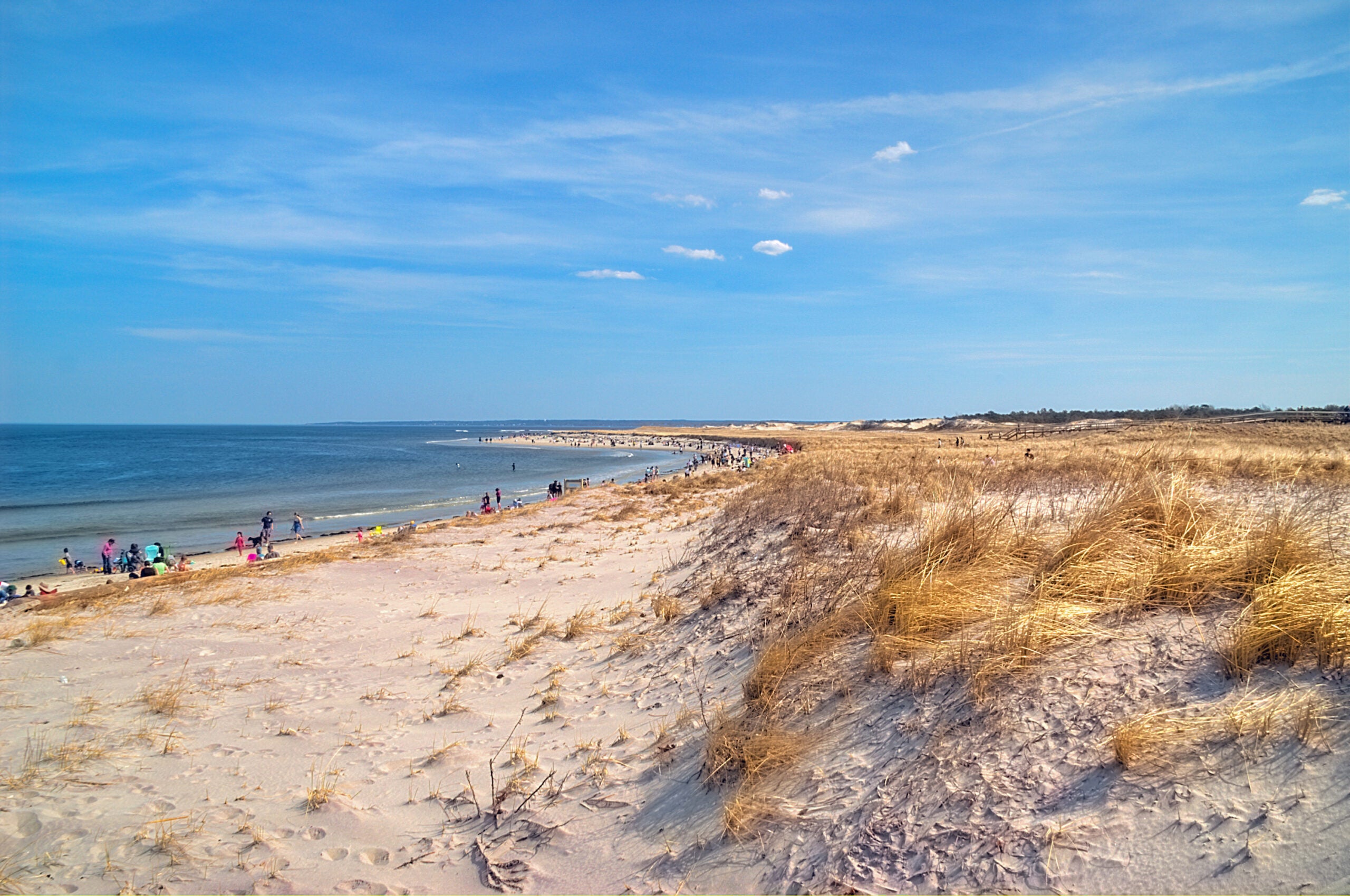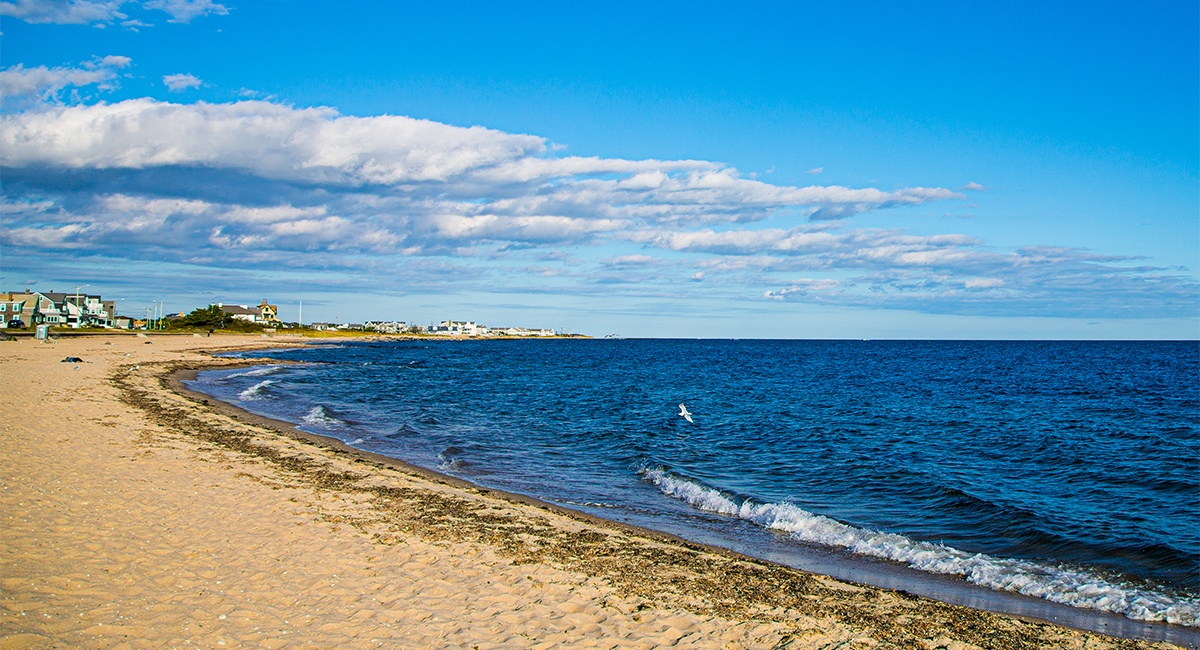Impact of Massachusetts Beach Closures

Massachusetts beaches closed – The recent closures of numerous Massachusetts beaches have had a significant impact on the state’s coastal communities and environment. As of August 1, 2023, over 50 beaches have been closed due to high levels of bacteria, posing a health risk to swimmers.
Massachusetts beaches have been closed due to high levels of bacteria, leaving beachgoers disappointed. But in the world of retail, there’s been a major shakeup: Saks has acquired Neiman Marcus. This merger has created a retail powerhouse, combining two iconic luxury department store chains.
Back on the beaches, officials are working to reopen them as soon as possible, but until then, beachgoers will have to find other ways to cool off this summer.
The closures have had a devastating impact on the local economy, particularly in areas that rely heavily on tourism and recreation. Many businesses, such as beach clubs, restaurants, and hotels, have reported a sharp decline in revenue. The closures have also affected seasonal workers who depend on beach-related jobs for their income.
Environmental Consequences
In addition to the economic impact, the beach closures have also raised concerns about the environmental consequences. With fewer people visiting the beaches, there is less foot traffic to compact the sand, which can lead to increased erosion. Additionally, the lack of swimmers and boaters can disrupt the natural ecosystem of the beaches, potentially leading to an increase in pollution and a decline in marine life.
The golden shores of Massachusetts beaches, once teeming with summer revelers, now lie desolate, closed to the public due to the relentless onslaught of pollution. As the ocean’s embrace turns treacherous, our hearts yearn for respite, a sanctuary of luxury and indulgence.
In the heart of the city, saks and neiman marcus beckon, their hallowed halls adorned with the finest treasures of fashion. Yet, even amidst such splendor, our thoughts drift back to the windswept sands and crashing waves, longing for the day when the beaches of Massachusetts will once again welcome us with open arms.
Causes of Massachusetts Beach Closures: Massachusetts Beaches Closed

Massachusetts beach closures are primarily caused by water quality issues, harmful algal blooms, and severe weather events. Water quality issues can arise from various sources, including sewage overflows, stormwater runoff, and agricultural activities. Harmful algal blooms (HABs) are caused by an overgrowth of microscopic algae that can produce toxins harmful to humans and marine life.
Climate Change
Climate change is exacerbating the frequency and severity of beach closures in Massachusetts. Rising sea levels and increased storm intensity lead to more frequent flooding and erosion, which can contaminate water and create unsafe conditions for swimming. Additionally, warmer temperatures can promote the growth of HABs.
Effectiveness of Monitoring and Response Systems, Massachusetts beaches closed
Massachusetts has a comprehensive beach monitoring and response system to minimize beach closures. The system includes regular water quality testing, HAB monitoring, and weather forecasting. However, the effectiveness of these systems is limited by factors such as funding constraints, staffing shortages, and the challenges of predicting and responding to HABs and severe weather events.
Solutions to Massachusetts Beach Closures

Massachusetts beaches are a valuable resource for recreation, tourism, and the economy. However, beach closures due to poor water quality and other factors can significantly impact these benefits. Implementing effective solutions is crucial to mitigate beach closures and ensure the safety and enjoyment of beachgoers.
There are several approaches to addressing the issue of Massachusetts beach closures. These include improving water quality, reducing the frequency and impact of harmful algal blooms (HABs), and promoting responsible beach behavior. By implementing these solutions, we can help ensure that Massachusetts beaches remain safe and enjoyable for all.
Improving Water Quality
Improving water quality is essential to reducing beach closures. This can be achieved through a variety of measures, including:
- Reducing pollution from stormwater runoff: Stormwater runoff can carry pollutants such as bacteria, nutrients, and sediment into coastal waters. Implementing best management practices (BMPs) to control stormwater runoff can help reduce pollution and improve water quality.
- Upgrading wastewater treatment plants: Wastewater treatment plants can be a significant source of pollution in coastal waters. Upgrading these plants to remove more pollutants can help improve water quality and reduce beach closures.
- Reducing fertilizer use: Fertilizers can contribute to nutrient pollution in coastal waters, which can lead to HABs. Reducing fertilizer use can help improve water quality and reduce the frequency of HABs.
Mitigating the Impact of Harmful Algal Blooms
HABs are a major cause of beach closures in Massachusetts. These blooms can produce toxins that can cause illness in humans and animals. Mitigating the impact of HABs is essential to reducing beach closures and protecting public health.
There are several ways to mitigate the impact of HABs, including:
- Monitoring HABs: Monitoring HABs can help identify blooms early on, allowing for timely beach closures and public health advisories.
- Developing HAB forecasting models: HAB forecasting models can help predict when and where HABs are likely to occur, allowing for proactive beach closures and public health advisories.
- Exploring HAB mitigation technologies: There are a number of promising HAB mitigation technologies under development, such as using clay to bind up HAB toxins.
Promoting Responsible Beach Behavior
Promoting responsible beach behavior can help reduce pollution and the risk of beach closures. This can be achieved through a variety of measures, including:
- Educating the public about beach pollution: Educating the public about the sources of beach pollution and the impact of their actions can help promote responsible beach behavior.
- Providing trash cans and recycling bins: Providing trash cans and recycling bins on beaches can help reduce litter and pollution.
- Enforcing beach regulations: Enforcing beach regulations, such as those prohibiting littering and pet waste, can help keep beaches clean and safe.